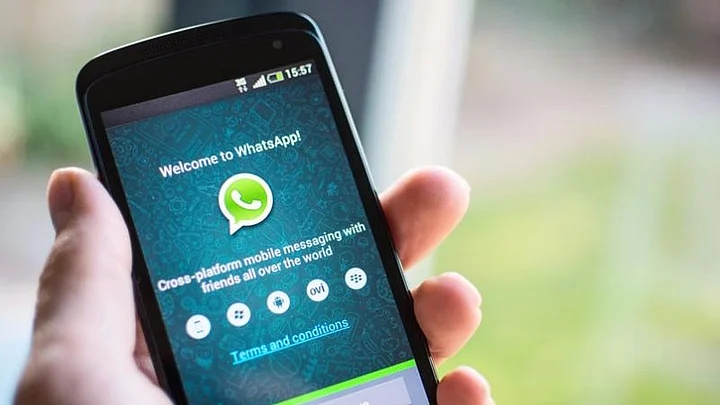Facebook-owned messaging platform WhatsApp on Wednesday has officially announced that it caters to over 2 billion users across the globe.
This update comes two years after the platform said that over 1.5 billion monthly active users were using its service, as confirmed by Mark Zuckerberg, CEO, Facebook in an earnings call back in 2018.
So, basically in over 24 months, WhatsApp has added more 500 million users, aided by its availability across multiple operating systems.
But more importantly, WhatsApp reiterated its pledge to keep the communication between its users secure, and keep them encrypted even after repeated attempts from various countries to weaken its security standards. “Today we remain as committed as when we started, to help connect the world privately and to protect the personal communication of two billion users all over the world, the platform pointed out in its blog post.
While this feature increases user privacy, it has also attracted criticism from policy makers and law enforcement agencies as it makes it hard for them to trace the origin of a message.
Countries like India have stressed for need of traceability of messages as rumours spread on the platform have been linked to dozens of deaths in the past. "Strong encryption is a necessity in modern life. We will not compromise on security because that would make people less safe," WhatsApp said.
WhatsApp had claimed in 2019 that in India it has over 400 million users, making it one of the largest market for the company, and these numbers are likely to have gone up since then.
WhatsApp was bought by Facebook in 2014 for over $18 billion and since then the social networking giant has looked at ways to monetise the returns from the platform without much success. And over the past few years, WhatsApp has gone through major overhauling of executives, after its co-founders decided to quit the company over various issues.
The messaging app has also been looking to launch its payment service in India (integrated with UPI), but owing to issues, its path to enter the country with its digital financial services has been complicated.
(At The Quint, we question everything. Play an active role in shaping our journalism by becoming a member today.)
